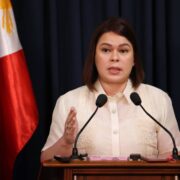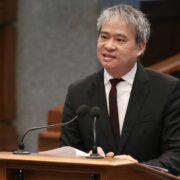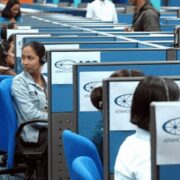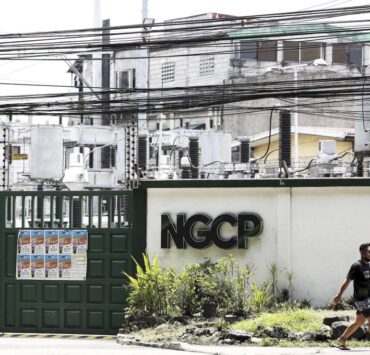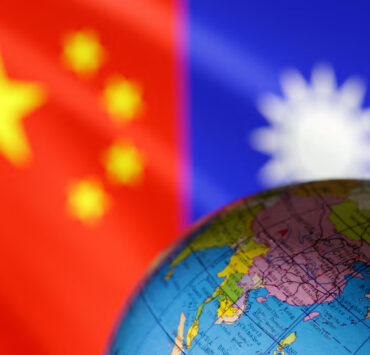‘Good conduct’ credit for Veloso unfair, says lawyer
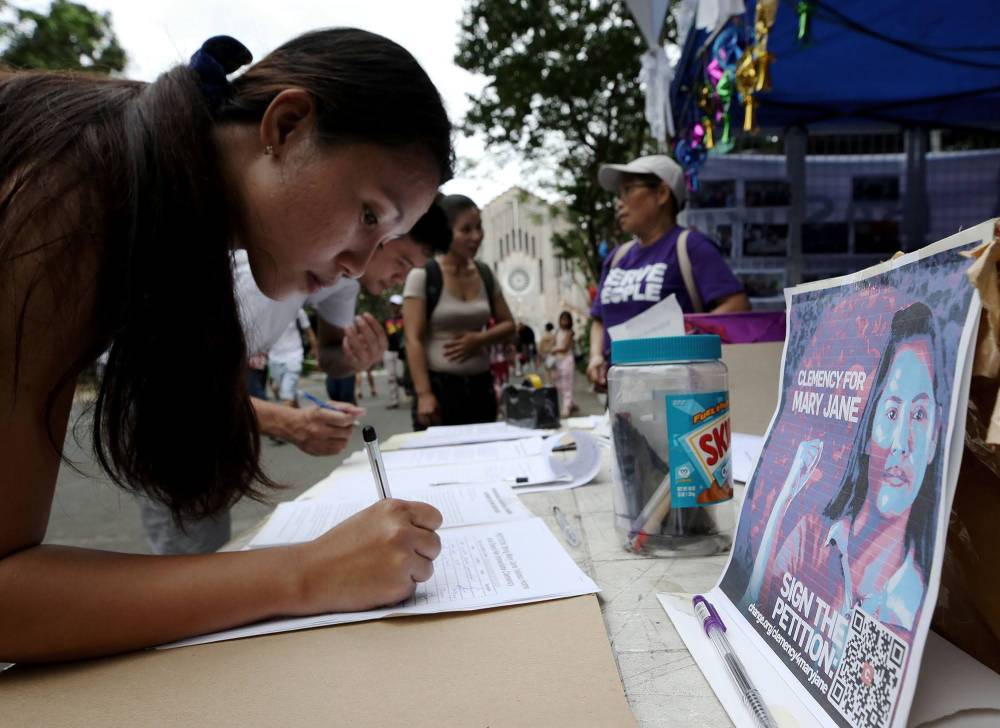
A proposal by a Department of Justice (DOJ) official to apply the good conduct time allowance (GCTA) law on Mary Jane Veloso will be “problematic and unfair” as it would require her to serve a minimum prison time of 20 years, her lawyer said on Monday.
“[This means] that she has to wait for another six years to be able to qualify for the benefit of GCTA and possibly parole,” Edre Olalia, chair of the National Union of Peoples’ Lawyers (NUPL), said in a statement.
After 14 years behind bars in Indonesia, nine of which she spent on death row for a drug trafficking conviction, Veloso returned home on Dec. 18 after the Indonesian government approved the transfer of her custody to the Philippines following the commutation of her death sentence to life imprisonment.
In the Philippines, life imprisonment, or “reclusion perpetua,” totals 40 years.
The mother of two was arrested in Yogyakarta in 2010 after 2.6 kilos of heroin were found concealed in her suitcase. She claimed the drugs were put there by her recruiters.
She received a last-minute reprieve from execution in 2015 after then President Benigno Aquino III appealed to then President Joko Widodo of Indonesia to let her testify against her alleged traffickers.
Seeking clemency
On her return to the Philippines, Justice Undersecretary Raul Vasquez said Veloso could seek clemency or apply for parole by getting good conduct credits from her 14-year incarceration in Indonesia.
GCTA allows the reduction of prison terms on the basis of good conduct and exemplary behavior.
Bureau of Corrections Director General Gregorio Catapang Jr. said his office would form a board to study whether Veloso was eligible for GCTA and whether her prison time in Indonesia could be credited.
On the same day she returned to the country, Veloso sought executive clemency from President Marcos, insisting that she was innocent.
“My plea to President [Marcos] is for him to grant me clemency so I can be with my family. I’ve been in prison for [almost] 15 years in Indonesia for a crime I didn’t commit,” Veloso told journalists at the Correctional Institution for Women, where she was immediately taken upon her arrival from Jakarta.
The President, who acknowledged that Indonesia did not set any conditions on Veloso’s return, said that legal experts needed to study her request “to determine whether the vision of clemency is appropriate.”
Humanitarian grounds
But Olalia underscored the President’s sole power and prerogative to grant absolute pardon in Veloso’s case, based on humanitarian, not legal, grounds.
He said the President could overrule any finding by the Board of Pardons and Parole or legal experts.
“In fact, this constitutional power is beyond the ambit of the courts and does not need legislative concurrence (unlike amnesty),” Olalia said.
Lawyer and legal luminary Romulo Macalintal said that Mr. Marcos could not use his pardoning power under the Constitution as it applied only to criminals convicted under Philippine laws.
Macalintal said that Veloso should instead be released from custody “since she is not facing any charges here in the Philippines” and because no warrant of arrest has even been issued against her by any Philippine court.
According to NUPL, the next hearing of the criminal cases for qualified human trafficking, illegal recruitment, and estafa, which were filed in the Regional Trial Court of Sto. Domingo, Nueva Ecija, against Veloso’s recruiters, has been set for Feb. 19, 2025.
“She is the complainant and last witness for the prosecution,” the group said.



